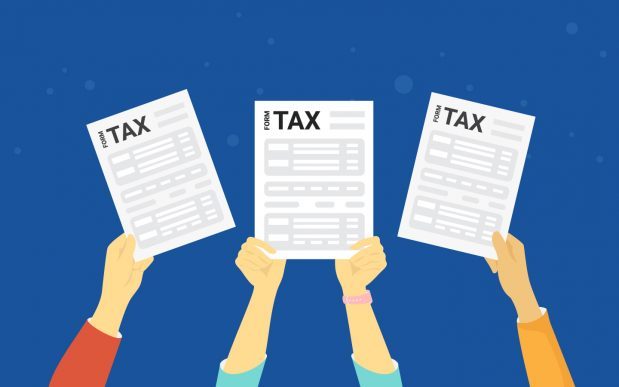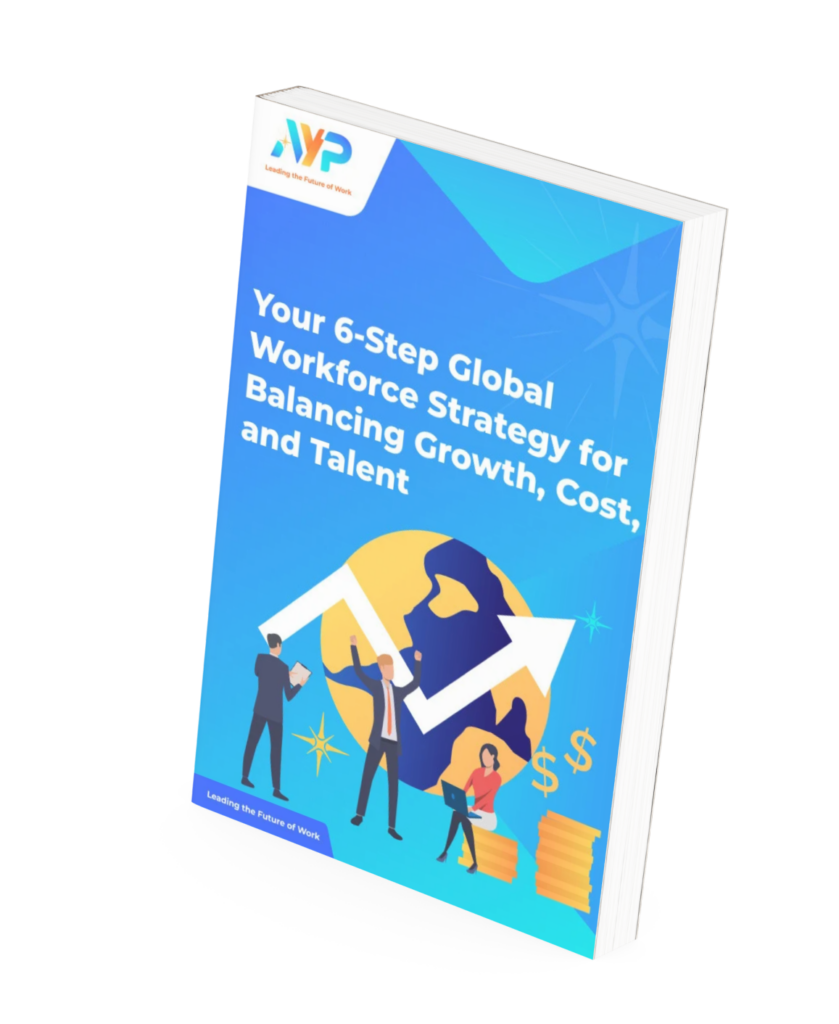The difficult task of hiring overseas can sometimes deter companies from looking abroad. This means companies may miss out on great opportunities to hire top-tier talent. Learn about how to navigate corporate compliance requirements and optimise your hiring process overseas.
COVID-19 is perhaps the greatest wakeup call to all businesses globally to leverage the power of connectivity and technology to transform the way business is done. Many agile organisations that promote the concept of remote work continue to thrive and grow while experiencing greater level of employee satisfaction.
Hiring overseas comes with its own set of challenges, which typically involve international and corporate compliance tax requirements. Here we look at the most common need-to-knows for corporate tax when hiring overseas.
Different Countries, Different Rules
One of the main challenges of overseas hiring is understanding host country regulations can be very difficult for companies. Despite current technological improvements, there is no one size fits all solution for corporate taxes for all countries 1.
Companies looking to embark upon overseas hiring would need to first verify corporate compliance tax requirements and educate themselves about how these regulations impact cost overheads.
Companies that do their due diligence would benefit from navigating international hiring and side-step issues of non-compliance. Non-compliance in terms of tax matters could cost companies hefty fines and end the organisation’s exploration into new markets.
How You Hire is as Vital as Who to Hire
One common corporate tax question that comes up when companies are hiring aboard is whether one is hiring contractors or employees. This distinction by many countries is important because it helps host countries determine the type of services rendered by the worker there and whether it would involve corporate taxation.
This is where the process can get complicated as how each host country defines a contractor or employee could widely differ. To determine whether a worker falls under which category, the common list of questions below are typically asked 2 :
- Is the nature of the work permanent or temporary?
- Are there work benefits provided? (e.g annual leave and other medical benefits)
- Is the worker free to provide work for other customers?
- How is the service paid? (e.g through invoicing or monthly wages)
Generally, the use of independent contractors can help companies save cost and limit their exposure to tax.
PEOs can do the Leg Work
The use of professional employer organisations (PEO) companies to hire aboard is a highly popular choice due to its ease of implementation, low cost and increased risk management controls.
A 2021 study by Gartner on multi-country payroll solutions and PEO service providers list the following benefits for using payroll solutions 3:
- Improved efficiency
- Process standardisation
- Reporting and analytics
- Consolidation of vendors
- Unified payroll experience
- Improved compliance
To Outsource or In-House?
There isn’t any hard and fast rule on whether hiring payroll or PEO service providers is better for businesses. For many of the organisations using PEO services, the data seems to indicate positive returns in terms of ROI and satisfaction particularly among American-based companies 4.
Companies in Asia would benefit from exploration of these services and discover how PEOs can help in delivery greater payroll and hiring efficiencies in regions like the Asia Pacific and beyond.
Should you require the services of a PEO provider, why not check out AYP Global Pay?
Fill out our form below to schedule a conversation with our HR expert now!
Featured Content
1. In HR, Hiring Workers Need Not Be a Hit & Miss Process
2. Data analytics: HR’s next major leap
3. Virtual Onboarding for a Successful Workforce



